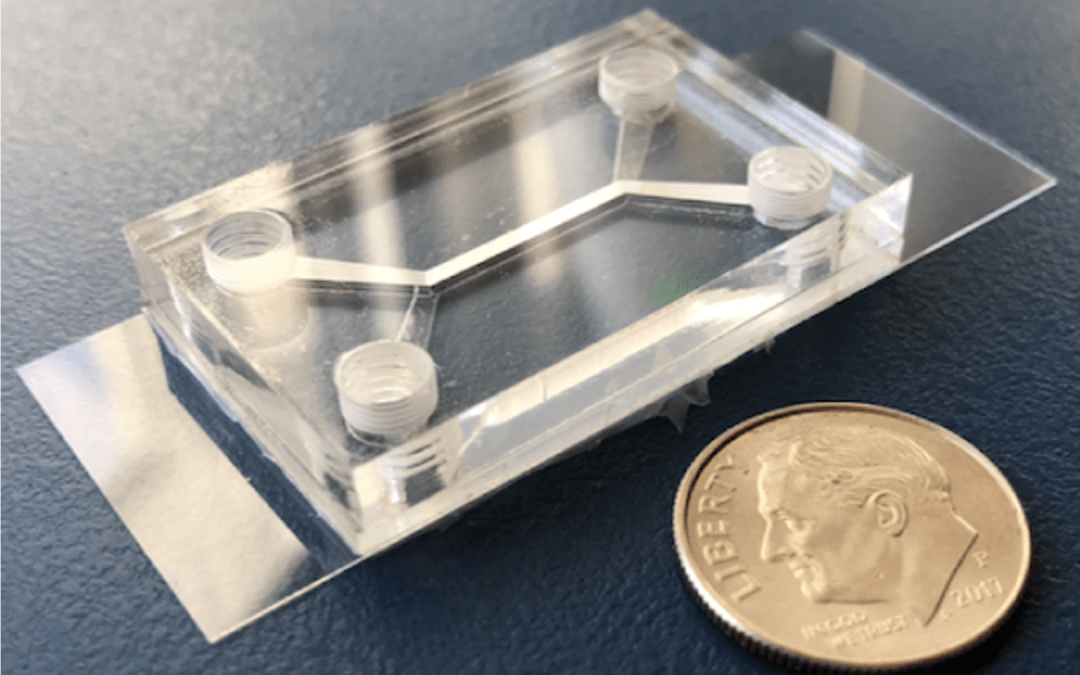Gut-Brain Axis and Gut Physiology

The enteric nervous system (ENS) is often called the second brain because of the high number of neurons along the GI tract. While this enables the gut to remarkably function independent of the rest of the body, there is a fair amount of communication between the gut and the brain. In particular, about ~80% of nerve fibers between the gut and brain are dedicated to send information to the brain.1 Recent studies involving the gut microbiome have demonstrated how this connection has the ability to impact the brain itself and may play a role in a number of central nervous system disorders.
ABNEL conducts research focusing on the intersection of the gut lumen (space containing food and microbes), epithelium (permeable barrier to the body), and ENS. This work aims to enable a better understanding of their impact on some CNS diseases like Parkinson’s disease. For more general information on the epithelium itself, please check out our recent review below led by Jessica.
Recent publications:
Sanjin Hosic, Will Lake, Eric Stas, Ryan Koppes, David T. Breault, Shashi K. Murthy & Abigail N. Koppes.Cholinergic Activation of Primary Human Derived Intestinal Epithelium Does Not Ameliorate TNF-α Induced Injury. June 2020. https://doi.org/10.1007/s12195-020-00633-0
Marissa Puzan, Sanjin Hosic, Caroline Ghio, Abigail Koppes. Enteric Nervous System Regulation of Intestinal Stem Cell Differentiation, Epithelial Monolayer Health, and Inflammation. Scientific Reports. April 2018. https://doi.org/10.1038/s41598-018-24768-3
Recent review:
Jessica Snyder, CM Wang, AQ Zhang, Y Li, Josh Luchan, Sanjin Hosic, Ryan Koppes, Rebecca Lyn Carrier, Abigail Koppes. Materials and Microenvironments for Engineering the Intestinal Epithelium. Feb 2020. https://doi.org/10.1007/s10439-020-02470-8
Cited Papers:
1 Cryan, J. F. et al. The Microbiota-Gut-Brain Axis. Physiological Reviews 99, 1877-2013, doi:10.1152/physrev.00018.2018 (2019).

ABNEL awarded patent for laser cut and assemble system
ABNEL was awarded a patent titled: Fluidic Device and Method of Assembling SAME. https://patents.justia.com/patent/20190083979

Best wishes to Francesco!
Francesco Fontana joined the lab as a visiting scholar over the winter from Italy and conducted experiments in magnetism on cells. He will hopefully defend his thesis in the coming months. Good luck Francesco!